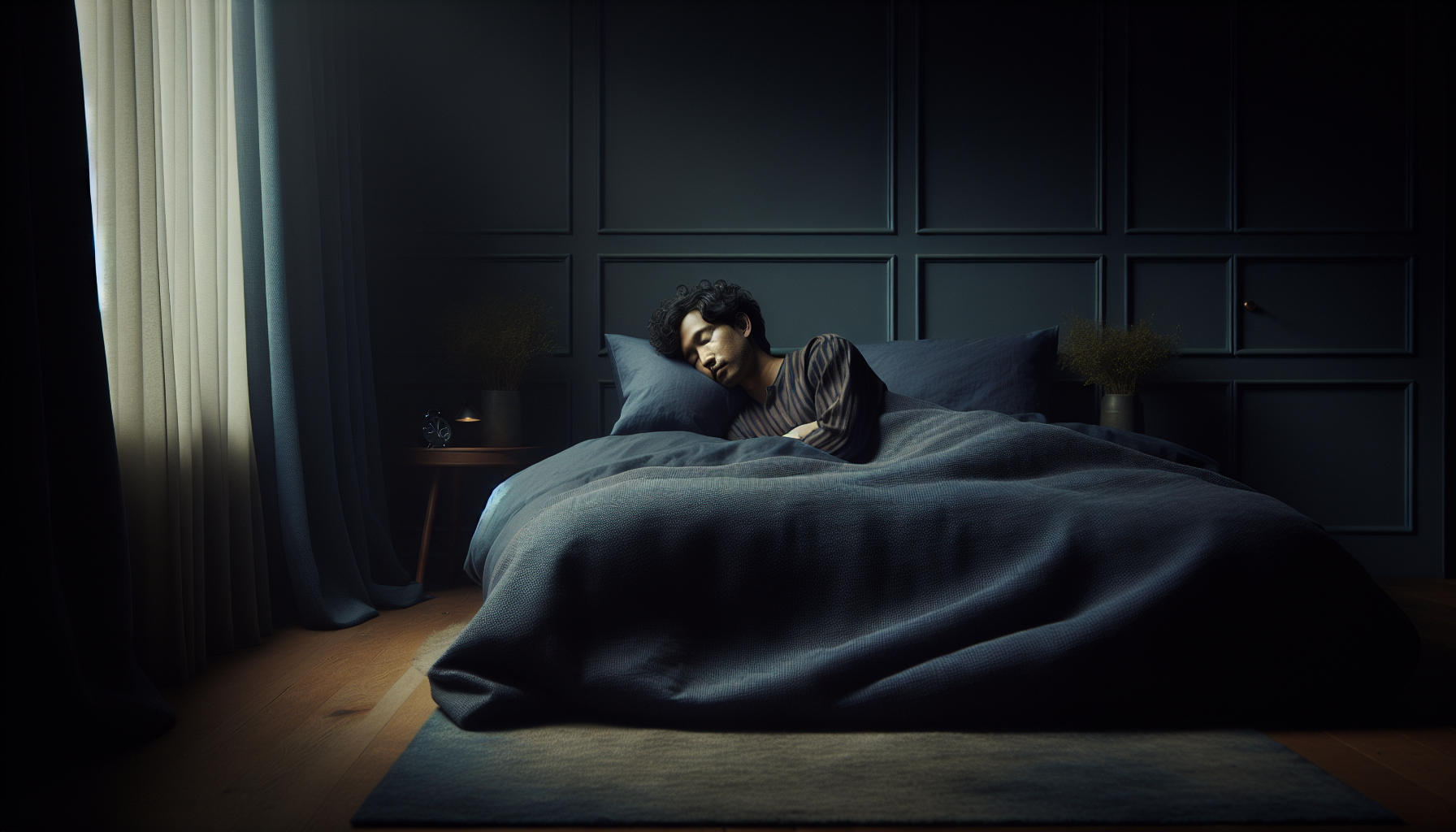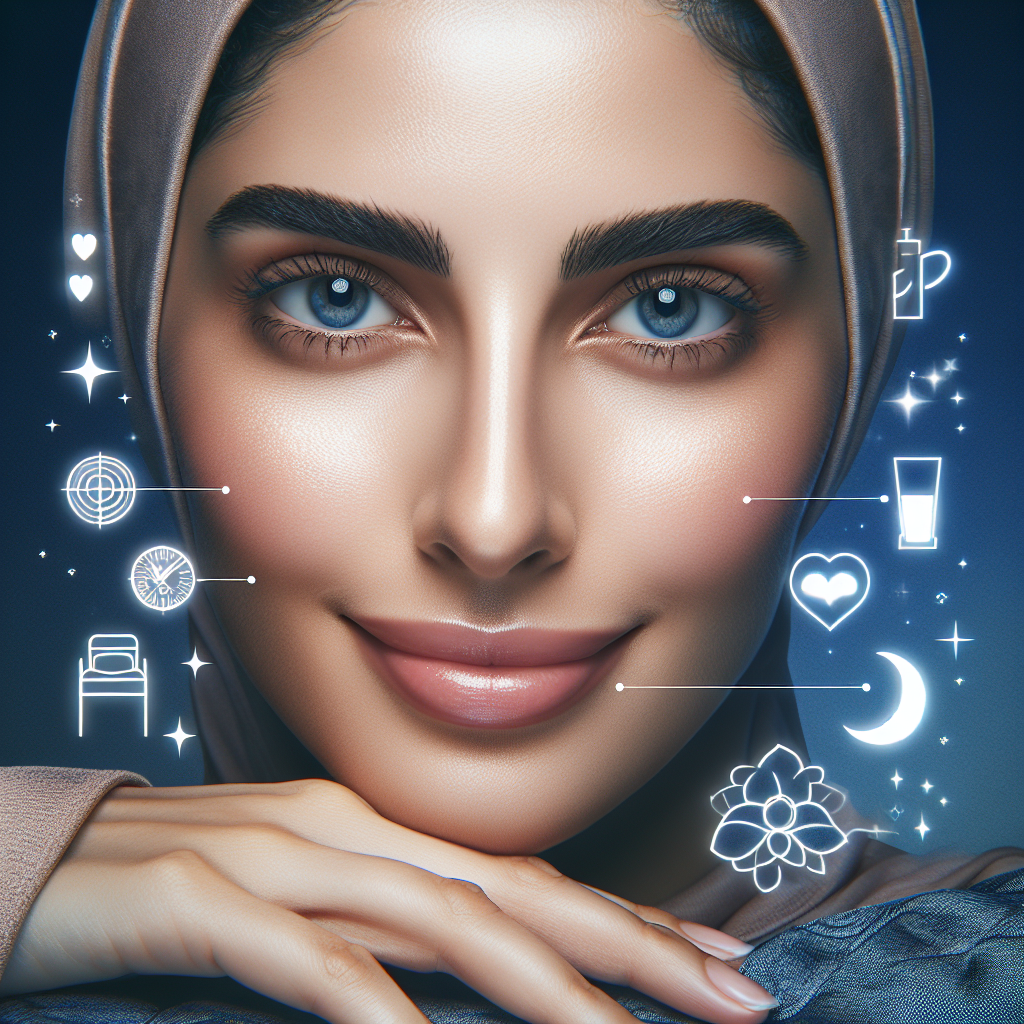Sleep is an indispensable aspect of our daily lives, impacting not just our energy levels and mood, but also the health and appearance of our skin. Quality sleep is often referred to as "beauty sleep" for good reason. During sleep, our bodies go into repair mode, regenerating skin, muscles, blood, and brain cells. Without adequate sleep, our skin suffers, paving the way for premature aging, dull complexion, and various skin issues.
The Science of Sleep and Skin Health
Sleep deprivation can lead to increased levels of stress hormones in the body, which in turn can exacerbate skin conditions such as acne or psoriasis. On the other hand, good sleep has been linked to a better skin health, as it helps to balance the body’s hydration, leaving skin supple, hydrated, and less prone to blemishes.
During the deep stages of sleep, the body’s hydration rebalances. Skin recovers moisture, while excess water in the body is processed for removal. Not getting enough sleep results in poor water balance, leading to puffy bags under your eyes and under-eye circles, as well as dryness and more visible wrinkles.
Another aspect of sleep is that it helps reduce stress, which is known to aggravate skin conditions such as acne or eczema. Cortisol, the stress hormone, is lowered during sleep, which helps skin repair daytime damage and keeps skin conditions in check.
Furthermore, when you’re in the land of nod, your body’s cells show increased production and a reduction in the breakdown of proteins. Since proteins are the building blocks of cell growth and the repair of damage from factors like UV rays and stress, deep restorative sleep can help reverse these damages.
The Effects of Sleep Deprivation on Skin
Lack of sleep affects the skin’s natural beauty. Chronic sleep deprivation can lead to a host of skin problems, such as:
- Dull Complexion: Without enough sleep, your skin can appear more lackluster and lifeless.
- Wrinkles: Sleep is crucial for collagen production. Less sleep can result in more fine lines and wrinkles.
- Dark Circles: Dark under-eye circles are commonly associated with overwork and lack of sleep for good reason.
- Reduced Skin Health: Sleep deprivation reduces the skin’s ability to recover from environmental stressors like sun exposure and pollution.
To learn more about how environmental factors affect the skin, consider reading about how to protect skin from pollution and environmental stress.
Establishing Healthy Sleep Patterns
Creating and adhering to a consistent sleep schedule is vital for skin health. Here are some strategies to improve your sleep habits:
- Regulate Your Sleep Schedule: Aim for at least 7-9 hours of sleep per night and try to go to bed and wake up at the same time every day.
- Create a Bedtime Ritual: Engage in relaxing activities such as reading, meditating or taking a warm bath before bed.
- Optimize Your Sleep Environment: Make sure your bedroom is conducive to sleep—dark, cool, and quiet.
- Limit Screen Time: The blue light emitted by screens can disrupt your sleep cycle. Turn off electronic devices an hour before bedtime.
- Exercise Regularly: Regular physical activity can help you fall asleep faster and enjoy deeper sleep.
For insights on how exercise impacts skin health and complexion, you might find how exercise impacts skin health and complexion to be a useful read.
The Role of Diet in Sleep and Skin Health
What you eat also plays a role in the quality of your sleep and, by extension, the health of your skin. Here are some diet tips:
- Consume Magnesium-Rich Foods: Magnesium is a natural sedative. Dark leafy greens, nuts, seeds, fish, beans, whole grains, avocados, yogurt, bananas, and dark chocolate are good sources.
- Avoid Heavy Meals Before Bedtime: Eating large or heavy meals can lead to discomfort and indigestion, which can interfere with sleep.
- Limit Caffeine and Alcohol: Both can disrupt sleep patterns and negatively affect skin health.
For a deeper dive into the relationship between diet and skin health, the article how diet affects skin health over time offers comprehensive insights.
External Resources to Support Sleep and Skin Health
To further understand the crucial link between sleep and skin health, here are some niche and specific resources:
- The National Sleep Foundation’s official website provides extensive research and tips on sleep health: National Sleep Foundation
- The Skin Cancer Foundation discusses how sleep contributes to skin repair and overall health: Skin Cancer Foundation
- Peer-reviewed articles on the importance of sleep for dermatological health can be found on PubMed: PubMed
Conclusion
Quality sleep is a cornerstone of both general health and skin vitality. Establishing proper sleep patterns is a simple yet powerful way to enhance your skin’s natural healing processes, maintain its hydration, and ensure it stays youthful, resilient, and radiant. By prioritizing sleep and incorporating the practices outlined above, you can wake up to not only a refreshed mind but also a rejuvenated complexion.



